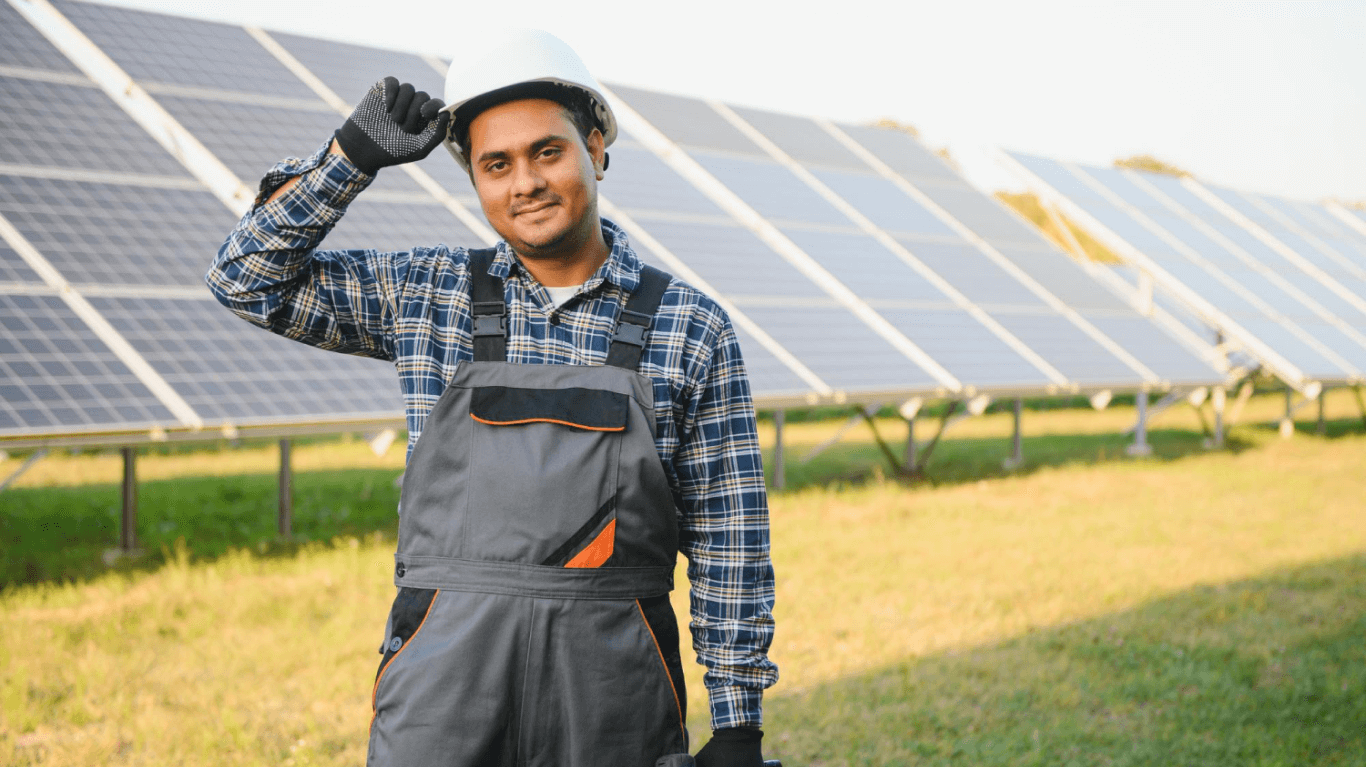One of the best ways to reduce costs and protect the environment is to convert to solar power. With the rising cost of electricity and the growing concern for the planet, many homeowners are considering installing rooftop solar panels. However, choosing the right rooftop solar panel system can be a big decision. There are many factors to consider, from the type of panels to the installation process. This is a short guide to assist you in selecting the best rooftop solar panel system.
Rooftop solar is more than just a way to save on your electricity bill. Turn your unused space into a powerhouse of clean energy, saving money and the planet with every sunrise.
Assessing Energy Needs
The first step in choosing a rooftop solar panel system is to understand the household’s energy needs. To determine how much energy is used each month, review previous electricity bills. This will help determine how many solar panels are needed to meet energy needs. It is important to know if the goal is to cover all electricity needs or just a part of them. Understanding energy needs will help make the right choice about the size of the solar panel system.
Evaluating Roof Condition
Before solar panel installation on rooftop, it’s important to check the condition of the roof. A roof should be in good shape and not need repairs in the near future. If the roof is old or damaged, it may need to be repaired or replaced before installing solar panels. For the panels to be supported by their weight, the roof must also be strong enough. To make sure the roof is prepared for solar installation, a roofing contractor can inspect it.
Choosing the Right Type of Solar Panels
Selecting the appropriate solar panel type is important, as there are various types available.
- Monocrystalline solar panels are renowned for their extended lifespan and excellent efficiency. They are made from a single crystal structure and are usually more expensive, but they produce more power.
- Polycrystalline panels are made from multiple crystal structures. These are less expensive than monocrystalline panels, but they are not as efficient.
- Thin-film panels are lightweight and flexible, making them easy to install. However, they are less efficient and may take up more space to produce the same amount of energy.
Consider the budget, space available on the roof, and energy needs when choosing the type of solar panel.
Understanding Solar Panel Efficiency
Performance is a key factor when choosing a rooftop solar panel system. Solar panel efficiency refers to how much sunlight the panels can convert into usable electricity. Higher efficiency solar panels have the capacity to produce more electricity in a smaller space. While high-efficiency panels may cost more upfront, they can generate more power and save more money in the long run. Select solar panels with high efficiency ratings to get the most out of your investment.
Considering the Inverter Options
Inverters play a major role in a solar panel system. They convert the direct current (DC) electricity produced by the panels into alternating current (AC) electricity used in homes. Inverters come in a variety of forms.
- String inverters are cost-effective and work well for simple installations. But if there is a problem with one panel, the system as a whole might be affected.
- Microinverter has been installed in each panel to allow for independent operation. This improves overall efficiency and is ideal for roofs with shading issues.
- Power optimizers work with string inverters to optimize the performance of each panel. They are a good option for roofs with partial shading.
Choose the inverter type that best fits the home’s specific needs and roof conditions.
Checking Warranties and Certifications
When investing in a solar panel system, it’s important to check the warranties and certifications. Good quality solar panels come with warranties that cover the product and performance for 20 to 25 years. Inverters and other components should also have warranties. Look for panels that are certified by recognized organizations, which ensures they meet quality and safety standards. A good warranty provides peace of mind and protection for the investment.
Finding a Reputable Installer
Choosing the right installer like Gemini Solariss is as important as choosing the right solar panels. A reputable installer will have experience, proper licensing, and good customer reviews. Consult with people who have solar panels installed for recommendations or suggesstions. A professional installer will provide you a complete quote that covers the price of the panels, installation, and any extra equipment. All required paperwork and permits should also be taken care of by them as well. A professional installation ensures the solar panel system is safe and efficient.
Considering Financing Options
Solar panel systems can be a significant investment, but there are many financing options available. Some homeowners choose to buy the system outright, while others opt for solar loans or leases. Government incentives and tax credits can also help reduce the cost. Research all available options and choose the one that fits the budget and financial goals.
Conclusion
Choosing the right rooftop solar panel system requires careful consideration of energy needs, roof condition, panel type, efficiency, inverters, warranties, and financing options. By taking the time to research and make informed decisions, homeowners can find the best solar solution for their home. Using solar power not only saves money but also helps create a more sustainable and clean future. For quality panels and the best service with solar panel installation, book a consultation with Gemini Solariss.
